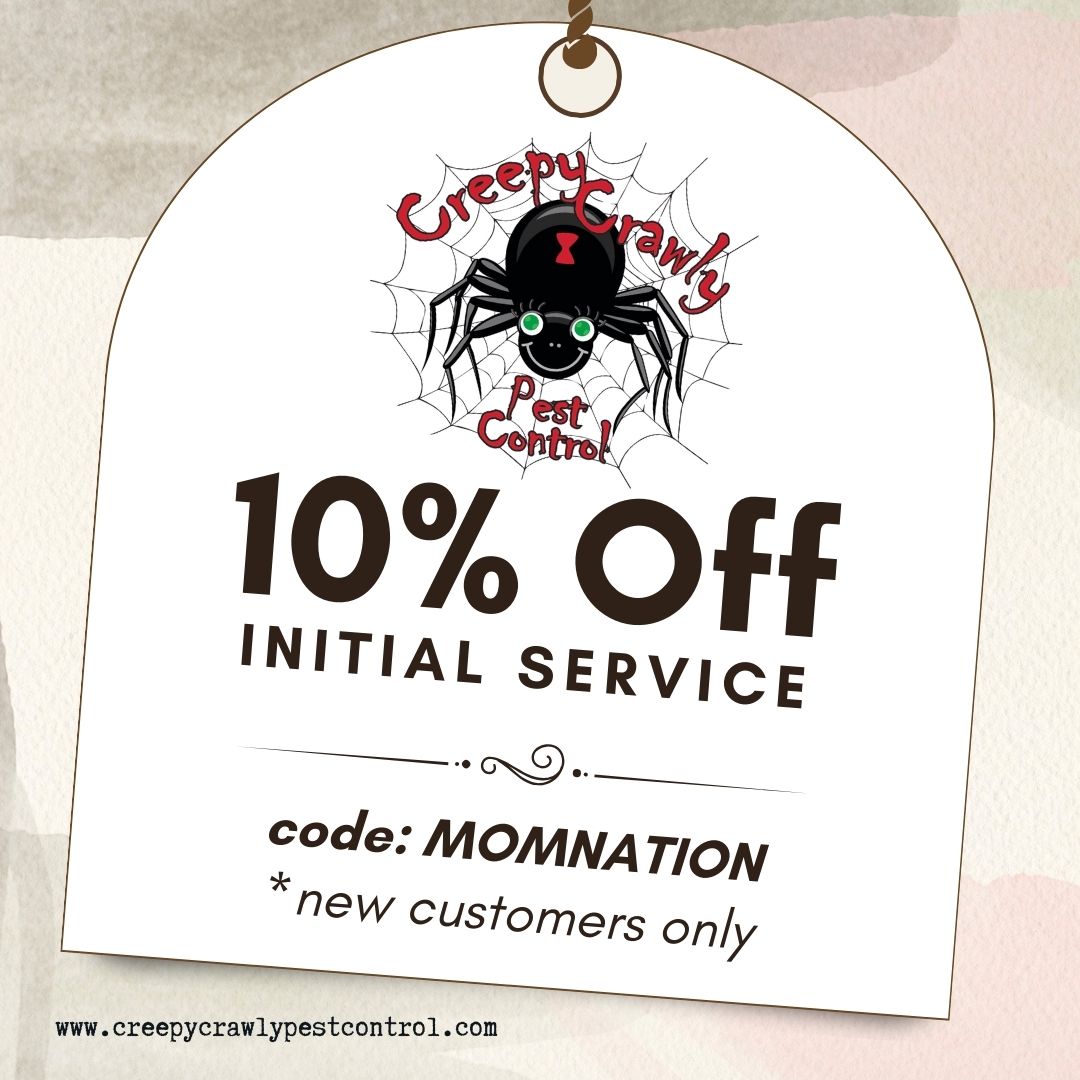Handling Tough Topics and the big Sleepover Question
It seems like once your kiddo reaches a certain age, sleepover birthday parties and invites just start appearing in school folders. This is a topic that is an absolute “no” for some families and a common event for others. Navigating this can be really difficult – especially among close kid-or-mom-friends.
How do you tactfully handle tough topics with your kids’ friends or their parents? There is no guarantee feelings won’t be hurt or offense won’t be taken but I am a big fan of honesty and having really clear expectations within your house before you communicate to others so everyone in the family is on the same page and knows expectations. This avoids upset kids when the answer is no.
In our house we generally don’t do sleepovers and our kids know that and are ok with it. They know why and they respect that decision. There are a (very) few exceptions: cousins, grandparents, and friends whose families we are very familiar and have spent a lot of time with. Statistics say that most kids that face abuse or unfathomable acts… they happen with people they know, so that is a really scary fact to overcome when considering how/when/if to allow your child to stay at another family’s house.
We have been in the situation where our kid was the only one not to participate in a sleepover. Kiddo was ok with that because we had communicated it early on and long before the party that we just don’t do them with families we don’t know. Our compromise was to let them stay for the movie and pick them up late, but we stuck with our rule. There were absolutely no hurt feelings from our kiddo because the expectations were set before. The child’s parent was a little upset that we were the only ones to not participate, but I was very upfront that it was our family rule and she respected that. I didn’t try to make excuses for why she couldn’t stay so there wouldn’t be hurt feelings if she did do a sleepover with a cousin or something and it was discussed at school later.
There are lots of tough issues that families all handle differently – tech access, alcohol, curfews, guns in the home, supervision, where kids can go alone, etc. The absolute only way to address any of these is to be upfront and get to know your kids’ friends’ parents. It is worth making the effort and taking the time. You don’t have to be best friends with them, but knowing them well enough to ask questions or share your concerns is important. And in the reverse, do not be offended if someone asks you about these things in your home when their child comes over. Every family is different, and asking “Are there guns in the home?” is not a statement but a completely reasonable and responsible question if you are going to be allowing your kid to go to a stranger’s house or someone else’s kid in your home.
I used to get so bent out of shape when parents brought up uncomfortable issues, but now that I have two kiddos, I truly appreciate when someone is brave enough to raise tough topics in an honest and respectful way. Just like dealing with kids’ allergies – it would be irresponsible for the parent NOT to let you know or ask what you are having for dinner, and you wouldn’t be offended if they do. We all need to extend grace, as we are all figuring this parenting thing out as we go and navigating some really tough issues in the process and a world that is more connected and immediate by the second.
Far more important than talking to friends’ parents… Katey McPherson in her talks always encourages parents to go with the rule of 5. Five years before your child is faced with a tough topic/issue (sex, drugs, guns, porn) you should be talking to them in an age appropriate way about your family’s values and empowering them with responses and ways to address if ever in an uncomfortable situation. The absolute BEST protection against any bad influences or things happening to your child is their own self-confidence, their trust that you will NOT freak out if they ask for help in a tough situation, and that they are empowered to handle and stick up for themselves when they feel uncomfortable – and know how to seek help when they need it.
Many of our worst fears as parents are unfounded. We spend weeks or years fretting over all the wrong things, while the opportunity to empower our kids with all the tools they need to extract themselves from the “worst” or make safe decisions, or get help in a crisis, is readily available EVERY day. It is the BEST thing we can do. We have the opportunity seeing things at school, on TV, in the news to raise tough topics and issues. It is tough because the issues are serious, but it is necessary. Don’t wait for someone else to teach your child about these things, do it long before they are ever faced with having to think, answer, respond about them.
And when faced with a tough issue you don’t know how to approach, ask for help. I make a point to seek counsel from my spouse, closest girlfriends, and sometimes even other parents (who don’t know the family involved) when I am unsure of how to handle a tough situation. Sometimes it’s good to get wise counsel before approaching another parent about an issue, because the emotions involved often cloud our better judgement, or we might be missing a perspective we haven’t thought about before. I learn from my mom friends every day, and they are often the greatest source of counsel when dealing with a tough school or kid issue. Lean on your village!
In summary – in approaching tough topics with your kids or other parents:
- Do it sooner rather than later.
- Be honest, don’t hide things or lie about the reasons – be up front with your kids and other mom friends when there is a concern or boundary you have.
- Respect mom friends who are brave enough to ask tough questions.
- Seek counsel from other moms or friends, while honoring relationships/privacy of those involved.
- Have clear expectations with your kids on tough topics: sit down and agree on these together, make sure they know your WHY. Do not spring a rule on your kids when they are invited to a party or have to respond publicly to something.
- Empower kids early and often with responses to tough questions, make sure they know they own their voice, their body, and the right to say no and exit ANY uncomfortable situation.
- Make sure your kid knows they can call you anytime for help or intervention. This doesn’t mean they need to have a phone but they do need to know how to call you and have a # memorized.
- If a parent is not respectful of your family’s boundaries/rules/wishes after you have been up front, or worse – singles out your kid because of it – it’s time to consider if that is a friend you want to nurture or you want your child to nurture. Often it is worth discussing and navigating even if awkward.
- Extend grace, every family is different and that is what makes friendships wonderful – we learn a lot from each other in the best relationships and in the different perspectives we bring to the table.
MOMnation is such an incredible resource on all these fronts, bringing a diverse group of women together to ask the tough questions, seek counsel, vent, navigate parenting, life, work, relationships alongside an incredible village! Lean on your friends here, too!
BY: LIZ D, TEMPE MOM
CHECK OUT THIS EXQUISITE CRAFTSMAN BUNGALOW home for sale!
Right around the time when Arizona adopted our state flag and just before the spanish flu hit, this exquisite craftsman bungalow, The John and Eva Cummard House in Mesa, was built for the family that kept it in some fashion for the next 100 years.







